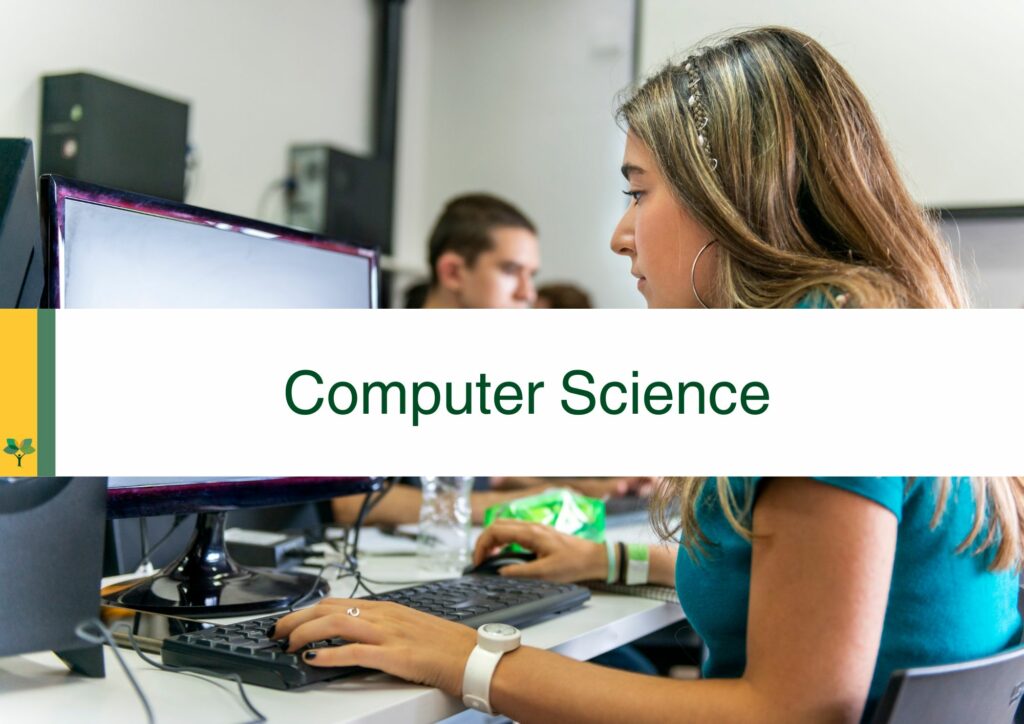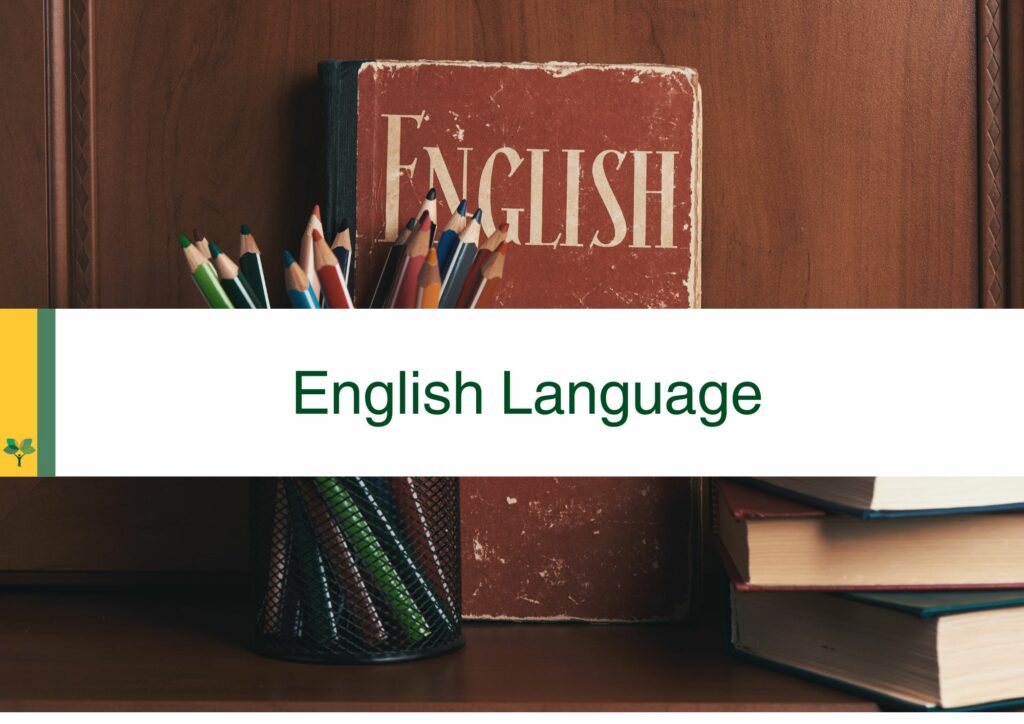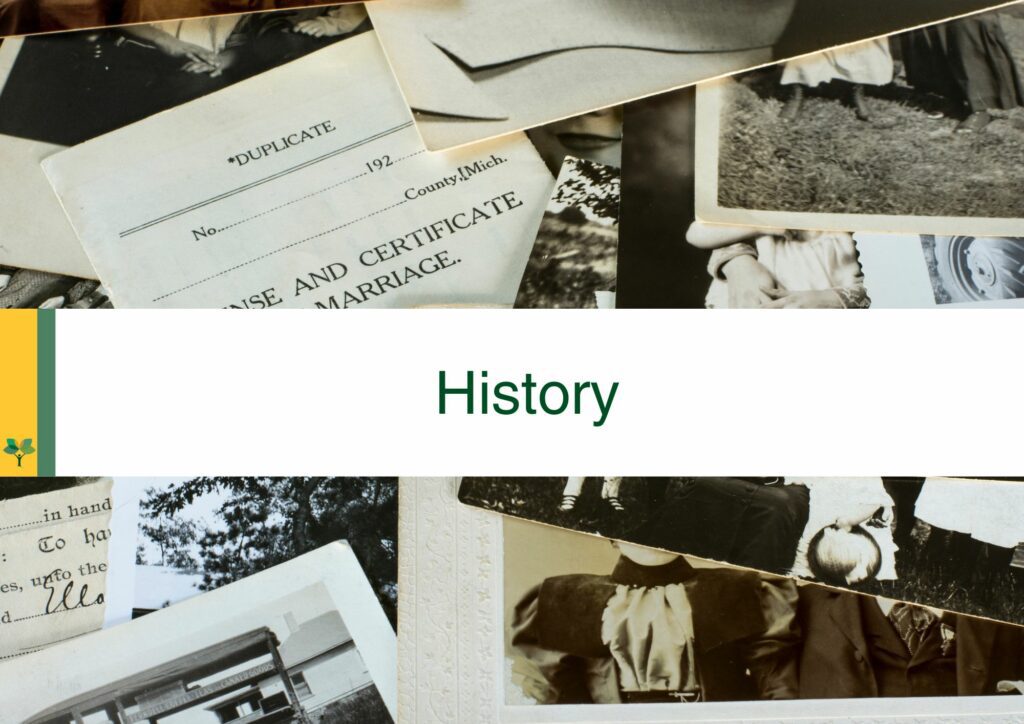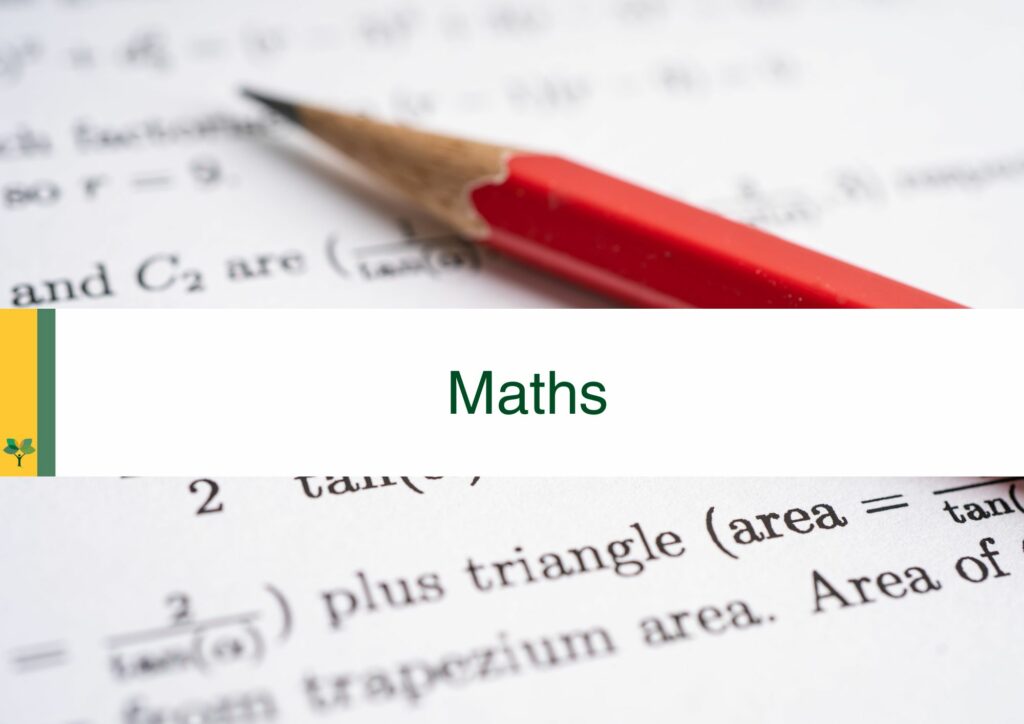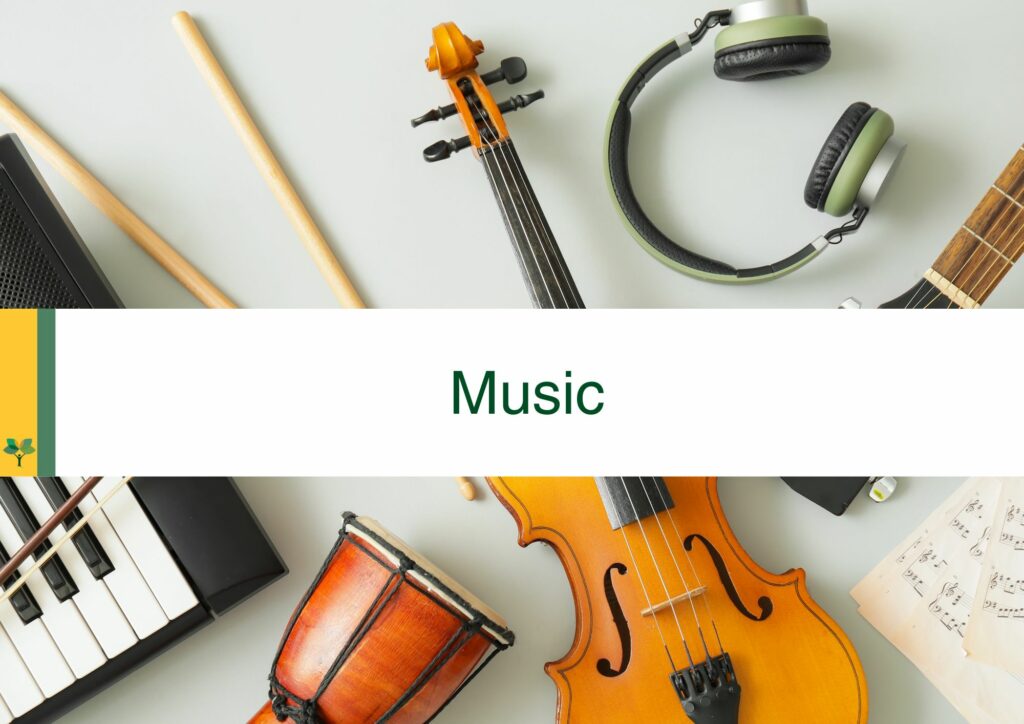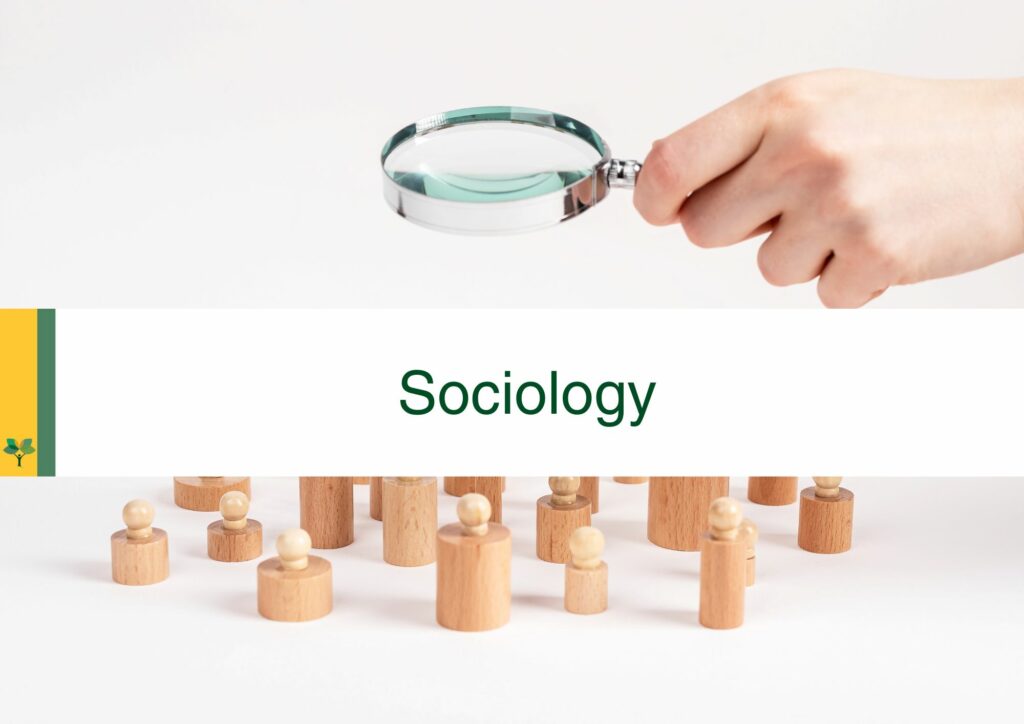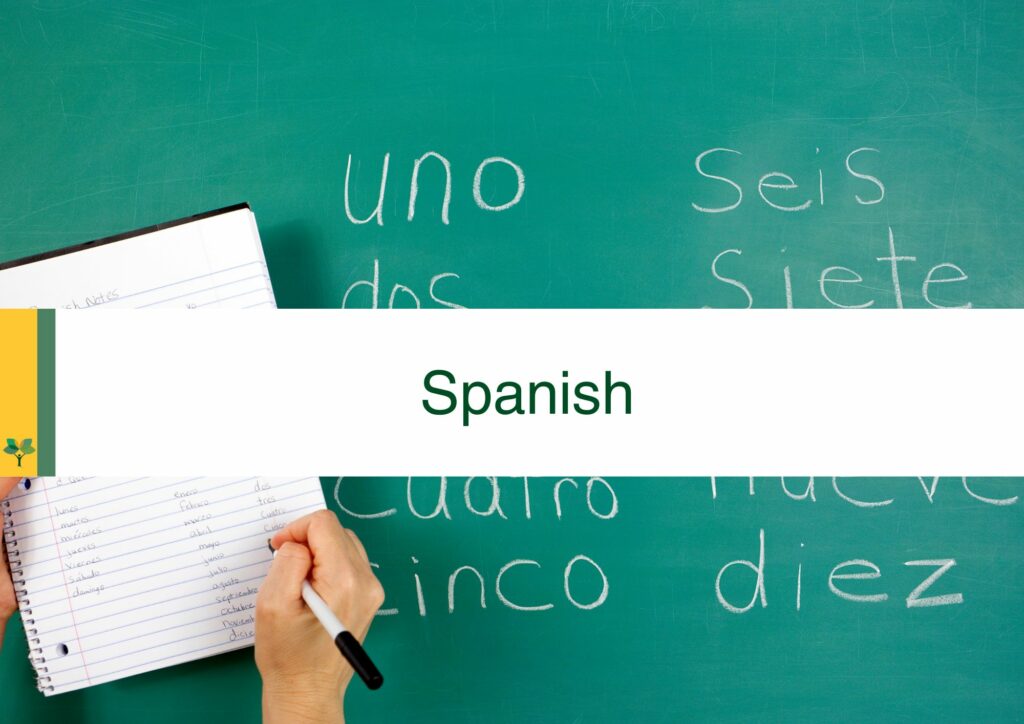Academic Support
Light Hall Sixth Form Curriculum Offer
Here at Light Hall, we offer a wide range of different A-Level (Level 3) subjects. These include the traditional academic subjects such as English (Language and Literature), Mathematics, Modern Foreign Languages and History which are taught at GCSE, but also include subjects new to students, such as Psychology and Sociology. It is expected that as our Sixth Form grows, the range of courses will also grow. As such, please check with the relevant Subject Leader or on our website for the most up-to-date information. Students will predominantly choose 3 A-Levels for what is known as their ‘Programme of Study’, complimented by the innovative ‘Academic Studies’ course, a range of extra-curricular activities and the tailored pastoral support. For some students, where this is believed to be the best option, there is the possibility to study 4 A-Levels, dependent on achieving the necessary prerequisites and in agreement with the Head of Sixth Form, student and students’ parents.
Choosing the Programme of Study
Sixth Form learning provides you, the student, with the opportunity to tailor the ‘Programme of Study’ to their interests, intended university course and future career path. However, it is important to note that given the range of subjects available, on very rare occasions, not all combinations will be possible. This means that the Programme of Study is thus decided by the student, their parents and teachers in conjunction with the Head of Sixth Form. With the vast choice also comes a great deal of responsibility. These subjects will be the key to university applications and future careers. To support students in their choices, all applicants will have a chance to discuss their application and their potential A-Levels with the Head of Sixth Form. Entry into the Sixth Form is ultimately always at the discretion of the Head of Sixth Form and subject to a suitable and realistic combination of subjects being available and agreed. Any potential changes to courses will also need the same consultations and permissions.
Choosing your A-Levels
If there is a specific career or university course you are interested in applying to, then researching the entry requirements now will help you in making those decisions. For example, if you want to study Medicine at university, then one of the essential requirements is an A-Level in Chemistry. As entry requirements for each university course vary, it is important that you complete your own detailed research before making your final decision.
The UCAS website offers a comprehensive Search Tool (Search – UCAS) which allows you to explore every UK university course, including their most recent entry requirements. With thousands of courses available at hundreds of universities, your search can be filtered by subject interest and location to narrow them down.
For a quick idea of which subjects you may need to study in the Sixth Form, please take a look at the Informed Choices tool from the Russell Group Universities (Informed Choices | Informed Choices)
A-Level Subjects
Here at Light Hall, we are planning to offer the following list of Sixth Form courses, some of which you will not have studied before. In actual fact, it is possible to commence some courses without having studied them at GCSE, although, of course, it would always help if you did! Please select the subject to find out more information about the course and the minimum requirements needed to study them. If you have any queries about these requirements, then please speak to the relevant Subject Leader or Head of Sixth Form.
It is expected that as our Sixth Form grows, the range of courses that we offer will also grow, as such, the most up-to-date information can always be found on the website. Although not currently available, we are provisionally adding the following courses for 2025/26:
- A-Level Economics
- A-Level Physical Education
- A-Level Theatre Studies






